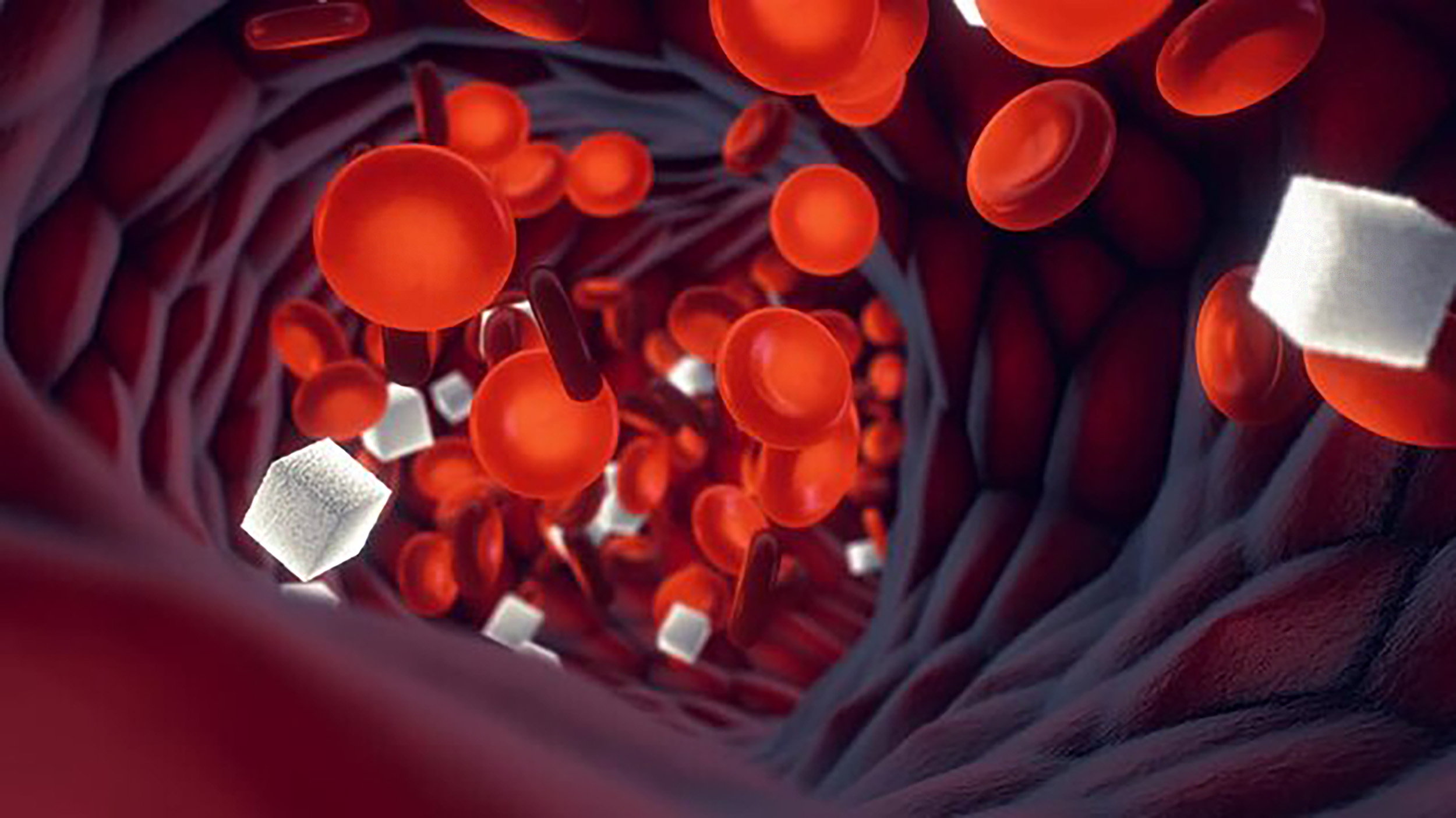Metabolic Flexibility Is the New Hormone Balance
You've tried all the supplements. You've tracked your cycle. You've sworn off dairy, then gluten, then nightshades. And still your energy crashes at 2 PM, your weight won't move at all, and your hormones feel like they're running the show while you're just along for the ride.
What is going on? Answer: your hormone problems might actually be a metabolism problem.
While estrogen and progesterone are the trending topics today, a real game-changer hiding in plain sight is metabolic flexibility, your body's ability to seamlessly switch between burning sugar and fat for fuel. And when you fix that, your hormones often fall into line like dominoes.
What Metabolic Flexibility Actually Means
Think of metabolic flexibility as your body's fuel efficiency. A metabolically flexible body can:
- Burn glucose efficiently after meals or during higher-intensity activity
- Shift to fat-burning between meals or at rest
- Maintain steady, consistent energy without needing to snack
- Keep blood sugar stable without dramatic spikes and crashes
A metabolically inflexible body? It's stuck in sugar-burning mode, constantly demanding its next hit of glucose, triggering insulin spikes, and storing everything as fat because it's forgotten how to access its own energy reserves.
The Blood Sugar-Hormone Connection You're Missing
Every time your blood sugar spikes and crashes, it sets off a hormonal domino effect:
First, insulin floods the scene. When you eat refined carbs or sugary foods, your pancreas releases insulin to shuttle that glucose into cells. But when this happens repeatedly throughout the day, your cells become resistant to insulin's signals. Your pancreas compensates by producing even more insulin, creating a vicious cycle.
Chronically elevated insulin doesn't just make weight loss nearly impossible, it directly disrupts your sex hormones. High insulin increases androgen production (hello, stubborn chin hairs and hormonal acne) and decreases sex hormone-binding globulin (SHBG), which means more free-floating estrogen and testosterone wreaking havoc on your system.
Then cortisol joins the party. When your blood sugar crashes a few hours after that muffin, your body perceives it as a stress emergency. Your adrenals release cortisol to raise blood sugar back up. But cortisol also suppresses progesterone production, which is why chronic blood sugar instability can lead to estrogen dominance, irregular cycles, and that "tired but wired" feeling that makes sleep impossible.
And your thyroid? It's watching all of this unfold. Your thyroid is exquisitely sensitive to metabolic stress. Chronic insulin resistance and cortisol elevation signal to your thyroid that times are tough, and it responds by down-regulating metabolism. This is why so many women with "unexplained" hypothyroid symptoms have completely normal TSH levels, the issue isn't their thyroid gland, it's the metabolic chaos preventing thyroid hormones from doing their job at the cellular level.
Enter AMPK: Your Metabolic Master Switch
If metabolic flexibility is the goal, AMPK (AMP-activated protein kinase) is the tool that gets you there.
Think of AMPK as your cellular housekeeper. When activated, it:
- Increases insulin sensitivity
- Promotes fat-burning
- Triggers mitochondrial biogenesis (making new energy factories)
- Reduces inflammation
- Supports autophagy (cellular cleanup)
AMPK gets activated when your cells sense an energy shortage, which is exactly what happens during fasting, exercise, and certain dietary approaches. It's the biological switch that tells your body, "Hey, stop storing and start burning."
When AMPK is humming along, your hormones tend to normalize. Insulin sensitivity improves, inflammation drops, cortisol stabilizes, and your thyroid can finally do its job properly.
The Mitochondrial Connection
You can't talk about metabolic flexibility without talking about mitochondria, those tiny powerhouses that generate cellular energy. When your mitochondria are healthy and abundant, you have metabolic options. You can efficiently burn fat or glucose and switch between them effortlessly.
But when mitochondria are damaged or depleted (thanks to chronic stress, blood sugar chaos, inflammatory diets, and toxin exposure), your metabolic flexibility tanks. Your cells struggle to produce energy efficiently, which means fatigue, brain fog, and hormonal disruption.
When you prioritize metabolic health, you naturally support mitochondrial health. And when your mitochondria are thriving, everything else, including your hormones, works better.
How to Build Metabolic Flexibility
Building metabolic flexibility isn't about another restrictive diet or complicated supplement protocol. It's about retraining your body to access its own energy efficiently. Here's where to start:
Master your meal timing. Stop grazing. Your body needs periods without food to activate AMPK, improve insulin sensitivity, and shift into fat-burning mode. Start with 12-14 hours between dinner and breakfast, and avoid snacking between meals.
Prioritize protein and healthy fats. These macronutrients stabilize blood sugar, keep you satisfied, and don't trigger the insulin rollercoaster. Front-load your day with protein, it supports thyroid function, balances blood sugar, and prevents the afternoon energy crash.
Make friends with strategic carbs. This isn't about going keto forever. It's about choosing nutrient-dense, fiber-rich carbs (sweet potatoes, squash, berries) and timing them strategically, typically later in the day or around workouts, rather than starting your day with them.
Move in ways that activate AMPK. You don't need to crush yourself with HIIT seven days a week. Walking, strength training, and short bursts of intensity all activate AMPK and build mitochondrial capacity. Consistency matters more than intensity.
Prioritize sleep like your hormones depend on it (because they do). Poor sleep drives insulin resistance, disrupts cortisol rhythms, and impairs mitochondrial function. Seven to nine hours of quality sleep is non-negotiable for metabolic health.
Address the stress you're ignoring. Chronic stress keeps cortisol elevated, which drives blood sugar dysregulation and inhibits AMPK activation. Your metabolic reset won't stick if you're running on fumes.
The Shift in Perspective
For years, we've been told that fixing hormones means addressing hormones directly, more progesterone, less estrogen, support the thyroid, and balance the adrenals. And while there's absolutely a place for targeted hormone support, we've been missing the foundation.
Your hormones are messengers responding to your metabolic environment. When you're metabolically inflexible, when your blood sugar is chaotic, your insulin is high, your mitochondria are struggling, and AMPK is dormant, your hormones will reflect that dysfunction.
But when you build metabolic flexibility, you're not just fixing one hormone at a time. You're creating an internal environment where all your hormones can function optimally. You're addressing the root cause, not just managing symptoms.
Ready to Build Your Metabolic Foundation?
If you're tired of chasing hormone symptoms and ready to address what's actually driving them, metabolic health is where transformation happens.
Our next Metabolic Reset Program is designed to help you build real, lasting metabolic flexibility, using strategic nutrition, CGM, meal timing, movement, and lifestyle shifts that retrain your body to access its own energy efficiently and bring your hormones back into balance naturally.
We're focusing on:
- Restoring insulin sensitivity
- Activating AMPK naturally
- Supporting mitochondrial health
- Creating blood sugar stability that lasts
- Addressing the stress and sleep patterns that undermine everything else
Learn more and get on the waitlist here to be the first to know when doors re-open.
Your hormones aren't broken. They're just responding to a metabolism that needs support. Let's fix the foundation together.
Take our Metabolic Flexibility Assessment here.




